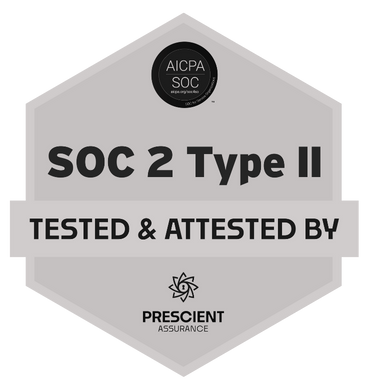When you hear the words “estate planning”, you probably picture an older wealthy couple with lots of assets and several children and grandchildren. While it’s true that most wealthy people plan their estates, it doesn’t mean they’re the only ones who should. In fact, everyone should have an estate plan regardless of their wealth or age. Here are three reasons why.
Yes, estate planning typically involves deciding how your assets will be distributed after you pass away. But it’s not just about money. Estate planning gives you the ability to name a guardian for your children if something were to happen to you and your spouse. It enables you to designate someone to manage your affairs If you become incapacitated. Advanced healthcare directives, for example, enable you to dictate your medical wishes if you’re unable to make decisions for yourself. Whether you’re wealthy or not, it’s important to legally empower your children to be able to handle affairs once you’re gone.
The future is unpredictable, and no one knows what it will bring. But having an estate plan in place can provide peace of mind, knowing that your loved ones will be taken care of and your wishes will be followed. Without an estate plan, your assets (small or big) could be tied up in probate court for months, draining your estate of funds and leaving your loved ones in a difficult situation.
It’s a common misconception that estate planning is only necessary if you have lots of assets or are very wealthy—but anyone can benefit from estate planning. Even if you don’t own a house or have a significant sum of money in your bank account, you still have possessions that you value. An estate plan can help ensure those possessions are passed on to loved ones after you pass away.
So now when you hear the words “estate planning”, you might picture your and your children’s future instead of an old wealthy couple with lots of assets. If you’re alive, that’s all you need to start an estate plan.
When you hear the words “estate planning”, you probably picture an older wealthy couple with lots of assets and several children and grandchildren. While it’s true that most wealthy people plan their estates, it doesn’t mean they’re the only ones who should. In fact, everyone should have an estate plan regardless of their wealth or age. Here are three reasons why.
Yes, estate planning typically involves deciding how your assets will be distributed after you pass away. But it’s not just about money. Estate planning gives you the ability to name a guardian for your children if something were to happen to you and your spouse. It enables you to designate someone to manage your affairs If you become incapacitated. Advanced healthcare directives, for example, enable you to dictate your medical wishes if you’re unable to make decisions for yourself. Whether you’re wealthy or not, it’s important to legally empower your children to be able to handle affairs once you’re gone.
The future is unpredictable, and no one knows what it will bring. But having an estate plan in place can provide peace of mind, knowing that your loved ones will be taken care of and your wishes will be followed. Without an estate plan, your assets (small or big) could be tied up in probate court for months, draining your estate of funds and leaving your loved ones in a difficult situation.
It’s a common misconception that estate planning is only necessary if you have lots of assets or are very wealthy—but anyone can benefit from estate planning. Even if you don’t own a house or have a significant sum of money in your bank account, you still have possessions that you value. An estate plan can help ensure those possessions are passed on to loved ones after you pass away.
So now when you hear the words “estate planning”, you might picture your and your children’s future instead of an old wealthy couple with lots of assets. If you’re alive, that’s all you need to start an estate plan.

